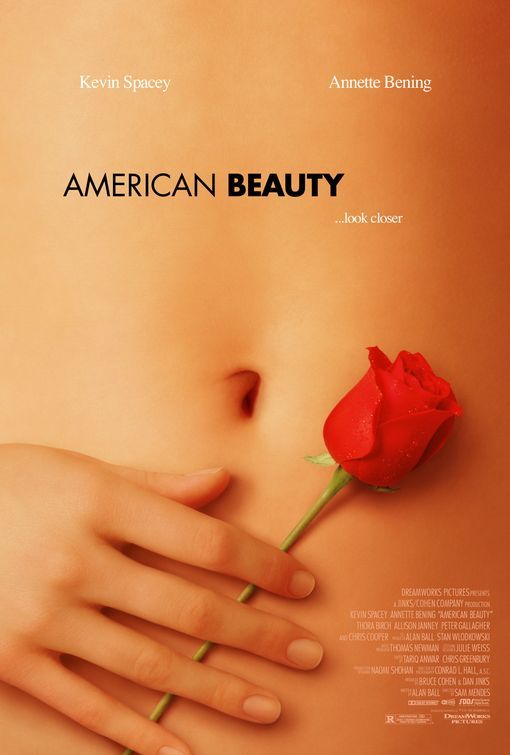
I just finished reading Charles P. Pierce's
Idiot America and all I can say is what a great book, people (This is really not ALL I can say, as you will see from this lengthy post but it sums up my general impression of the book). I laughed so hard my stomach muscles hurt and I don't even have any stomach muscles. The book is well-structured, beautifully written, and the author's sense of humor is unique in its power to make you roar with laughter almost against your will. This is a book in which you don't know what parts to highlight because you want to highlight the entire thing.
Pierce sets out to answer the question that has been bothering me for years now: how did it happen that in America, the country where education and knowledge were traditionally venerated, the country built on the Enlightened principles of reason, the country of immigrants who killed themselves working in order to give an education to their children, a cult of stupidity and the hatred of education, knowledge and expertise suddenly became so prominent: "The rise of Idiot America today reflects . . . the breakdown of the consensus that the pursuit of knowledge is a good. It also represents the ascendancy of the notion that the people we should trust the least are the people who know best whatt they are talking about . . . If everyone is an expert, then nobody is, and the worst thing you can be in a society where everybody is an expert is, well, an actual expert."
There were always so many people in America, Pierce says, who were total cranks, who floated around the craziest, weirdest, silliest ideas. This has been a safe haven for a religious fanatic of every ilk, for the crazy inventor, for a political visionary of insane visions. Or, as Pierce puts it: "This is still the best country ever in which to peddle complete public lunacy." And it's a great thing. When people can freely generate and circulate even the most insane ideas, society is enriched. There is debate, there is intellectual curiosity, there is passion. Even if some of these ideas are completely nutty, they can still be productive because they can provoke intelligent responses from those who debunk them. The scary things start happening, however, when this nuttiness - which can be fruitful and endearing when relegated to the margins - becomes mainstream, when it becomes the only thing on offer in politics, culture, and entertainment.
When this happens, bashing science becomes a pastime of choice for the public. Theories are widely circulated "about how liberals - or liberal fascists - use science to discredit traditional religion, as though, somewhere in a laboratory, physicists are studying the faintest echoes of the big bang and thinking, at first, not of the Nobel Prize and the nifty trip to Stockholm, but, rather, 'Bite me, Jehovah!'" The Supreme Court Justice Antonin Scalia quotes the fictional character of the TV series 24 as precedent in support for torture. Intelligent Design is presented as a valid alternative to evolution. Science is relegated to the status of mere opinion: "If we have abdicated our birthright to scientific progress, we have done so by moving the debate into thhe realm of political and cultural argument, where we all feel more confident because it is there that the gut rules. Held to the standards of that contex, any scientific theory is turned into mere opinion. Scientific fact is no more immutable than a polling sample."
Since we have no use for knowledge and expertise, we don't expect it from our leaders. A politician is supposed to be able to respond with memorable, snappy soundbites to questions that have come to represent the most divisive issues. Nobody cares about what the politician can actually do for us, but everybody is eagerly awaiting for the right response to the next stupid question. One of the example that Pierce gives is the conversation between Pastor Rick Warren and the presidential candidate Barack Obama: "Warren . . . asked, 'At what point does a baby get human rights?' The only proper answer to this question for anyone running for president is 'How the hell do I know? If that's what you want in a president, vote for Thomas Aquinas.' Instead, Obama summoned up some faith-based flummery that convinced few people in a crowd that, anyway, had no more intention of voting for him than erecting a statue of Baal in the parking lot." In a presidential election where people cared less about the candidate's qualifications to fix the ailing economy than about his poor bowling skills, this was just one episode of insanity among many.
Whenever a politician tries to talk about things that really matter in an informed, intelligent way, s/he immediately loses ground to the opponent who can entertain the public so much better and avoid the boring recitation of facts. In a debate between the Republican presidential candidates, the question of torture was raised: "Speaking from his experience, which was both unique and not inconsiderable, John McCain argued that, in addition to being basically immoral, torture doesn't work. He was quickly shouted down by Giuliani, who was once tortured by the thought that his second wife wouldn't move out of the mayor's mansion in favor of his current girlfriend, and by Romney, who once was tortured by the fact that gay people in Massachusetts were allowed to marry each other." (I told you he was hilarious, and I'm not even quoting the best parts.)
When you elect a politician who seems like a nice guy or a great gal, you end up in a needless unwinnable war, with a messed up economy, and with a lot of confusion about what just happened to bring us all to this place.
 Soviet mini-series called "Shadows Disappear at Noon." It was filmed in 1971 and it is a great example of the image of women cultivated in Soviet movies.
Soviet mini-series called "Shadows Disappear at Noon." It was filmed in 1971 and it is a great example of the image of women cultivated in Soviet movies.















